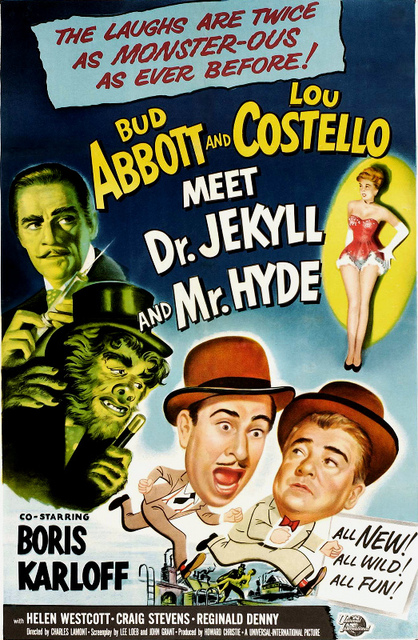Working harder and yet caught between those in poverty who receive government support and a stable, if not thriving, middle class, the ALICE class’s resentments and disappointments continue to grow.

Though trying to reduce the complexity of an election down to a pithy label is a bit like condensing a symphony into a sound bite, the story of future elections will, in fact, come down to a single name — in this case, a female first name.
No, it’s not Hillary. It’s Alice.
ALICE is an acronym developed in a report for the United Way of Northern New Jersey. It stands for Asset Limited, Income Constrained and Employed. ALICE Americans live on the jagged edge of the middle class. But by virtue of their economic situation and outlook on the future, they are becoming as distinct from the relatively more comfortable parts of the middle class as they are from those living in poverty.
Americans have traditionally divided the country into three bands of income: rich, poor and a broad middle class in which, despite the protestations of statisticians, almost all Americans felt membership. But the distinct, cohesive middle class of the past is being cleaved in two. Last month the Census Bureau released new data pegging the median U.S. household income at $51,017. That income level is the new dividing line in American life and politics. Those roughly above that line constitute what is left of the traditional American middle class. Those living below that line, but above poverty, are the ALICE class.
[…]
























